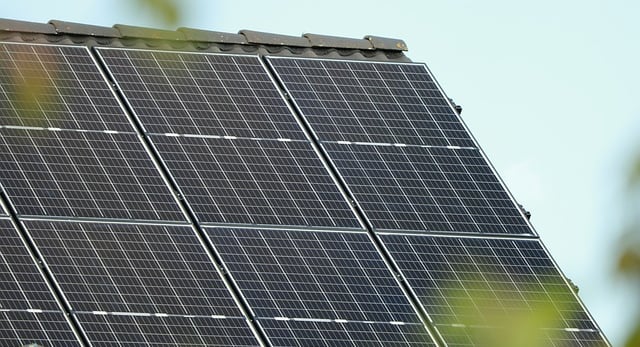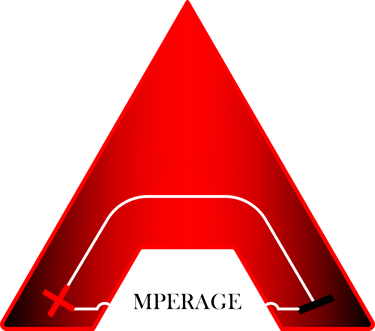Advancing Global Sustainability: The Imperative for Diverse Solar Panel Supply Chains in Achieving Net Zero Emissions
According to the IEA Special Report on Solar PV Global Supply Chains, China's concentration on growing solar panel manufacture has made solar PV the most cheap form of power generation in the world, but it has also resulted in supply chain imbalance.


The world community has set high standards for itself in the fight against climate change and in the quest for a sustainable future. Achieving net-zero emissions is a major target. In the fight against climate change, solar power has become the clear leader as the globe works to switch to greener energy sources. The transition to a net-zero future is not without its difficulties, though, and one important issue that needs to be addressed right now is the need for more diverse supply chains for solar panels.
The use of solar energy has grown exponentially in recent years due to technological breakthroughs and growing public awareness of the negative environmental effects of reliance on fossil fuels. The need for solar panels has increased dramatically as countries make commitments to lessen their carbon footprints, leading to a spike in production. The stability and sustainability of the solar panel supply chain are seriously threatened by the concentration of production and supply in a small number of strategic locations.
The current scenario demonstrates a serious overreliance on a small number of countries for the majority of solar panel manufacturing. China, for example, dominates the market, manufacturing a sizable proportion of the world's solar panels. While this concentration may appear to be economically beneficial in the near term, it poses security and resilience concerns in the face of unexpected shocks such as geopolitical tensions, trade disputes, or natural disasters.
To ensure a secure transition to net-zero emissions, the solar panel supply chain must be diversified. Diversification reduces the risk of supply chain disruptions, boosts global resilience, and encourages the equal distribution of economic advantages. A diverse supply chain promotes healthy competition, which encourages innovation and efficiency in manufacturing operations.
To ensure a secure transition to net-zero emissions, the solar panel supply chain must be diversified. Diversification reduces the risk of supply chain disruptions, boosts global resilience, and encourages the equal distribution of economic advantages. A diverse supply chain promotes healthy competition, which encourages innovation and efficiency in manufacturing operations.
Beyond economic reasons, a varied solar panel supply chain can have positive environmental and social consequences. Geographic diversity can result in the establishment of solar manufacturing facilities in areas with abundant renewable energy resources, lowering the carbon footprint associated with transportation. Furthermore, a decentralized supply chain can help to provide jobs and economic opportunities around the world, encouraging social fairness and sustainable development.
Governments, corporations, and the global community must work together to create a more varied solar panel supply chain. In order to develop a worldwide network of suppliers, policymakers must enact incentives to promote the construction of solar manufacturing plants in various locations. In response, companies should emphasize diversification in their sourcing plans, realising the long-term advantages of a robust supply chain.
As the world works to address the problems of climate change and achieve net-zero emissions, the solar energy sector is at the forefront of this vital transformation. However, moving forward requires a strategic move toward varied solar panel supply chains. By emphasizing the importance of resilience, security, and equitable distribution, stakeholders can provide the groundwork for a sustainable and inclusive solar energy future. In doing so, we not only ensure the solar industry's success, but also help to build a more resilient, just, and ecologically conscious global community.
